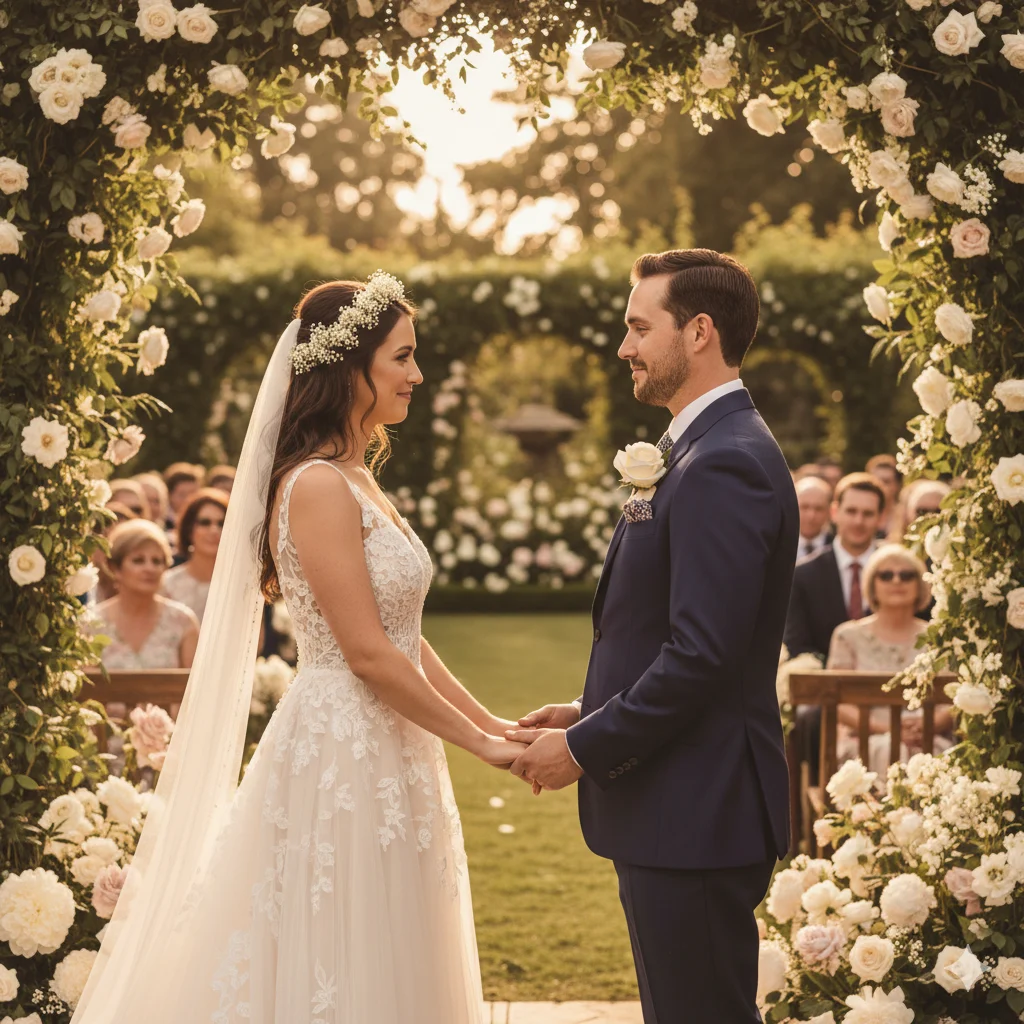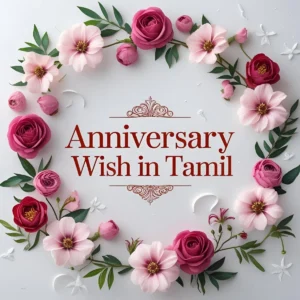Why Wedding Vows Matter ❤️
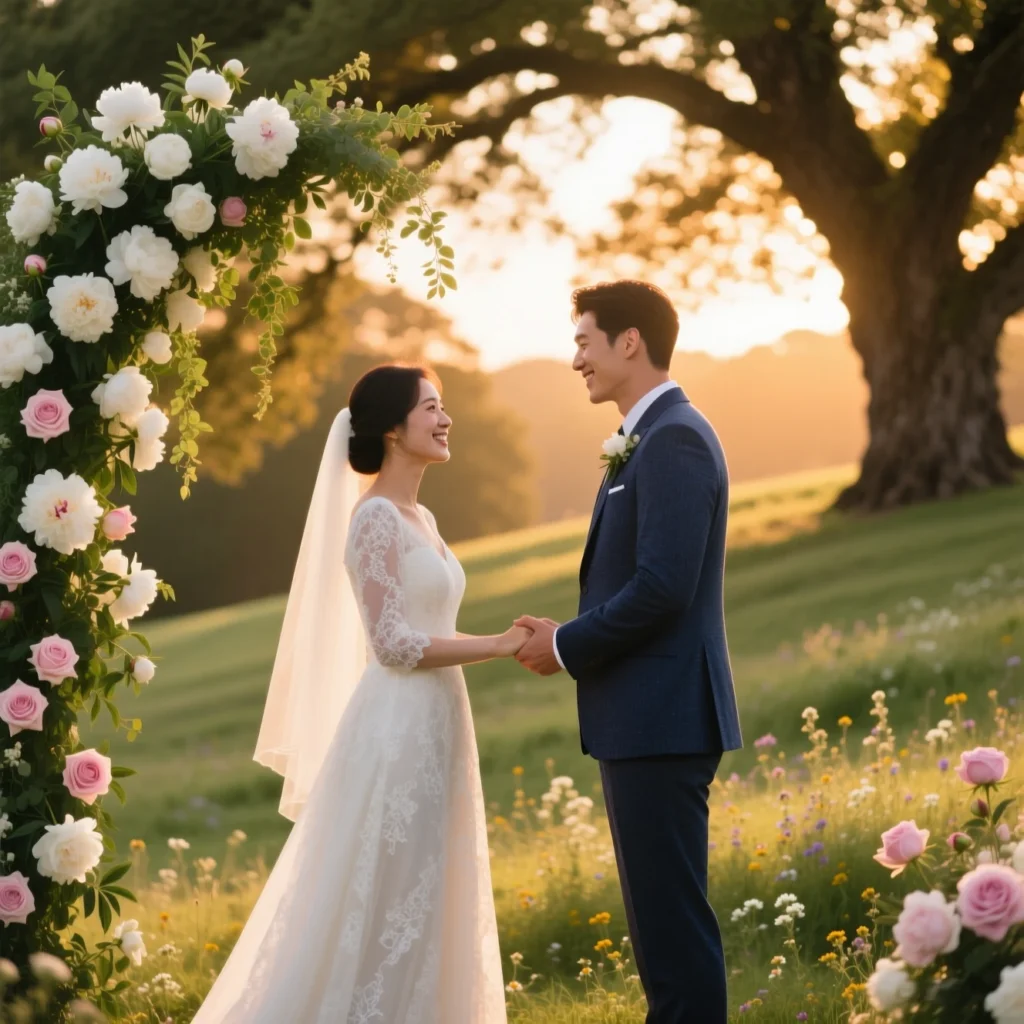
Wedding vows are the emotional centerpiece of any marriage ceremony. They’re more than just words—they’re promises, reflections of your love, and commitments that will be remembered forever. Whether you’re writing personalized wedding vows, modern wedding vows, or traditional wedding vows, creating meaningful vows can feel intimidating.
But with the right guidance, examples, and inspiration, you can craft vows that truly resonate. In this guide, we’ll cover everything you need: writing tips, examples, FAQs, and even downloadable templates.
What Are Wedding Vows?
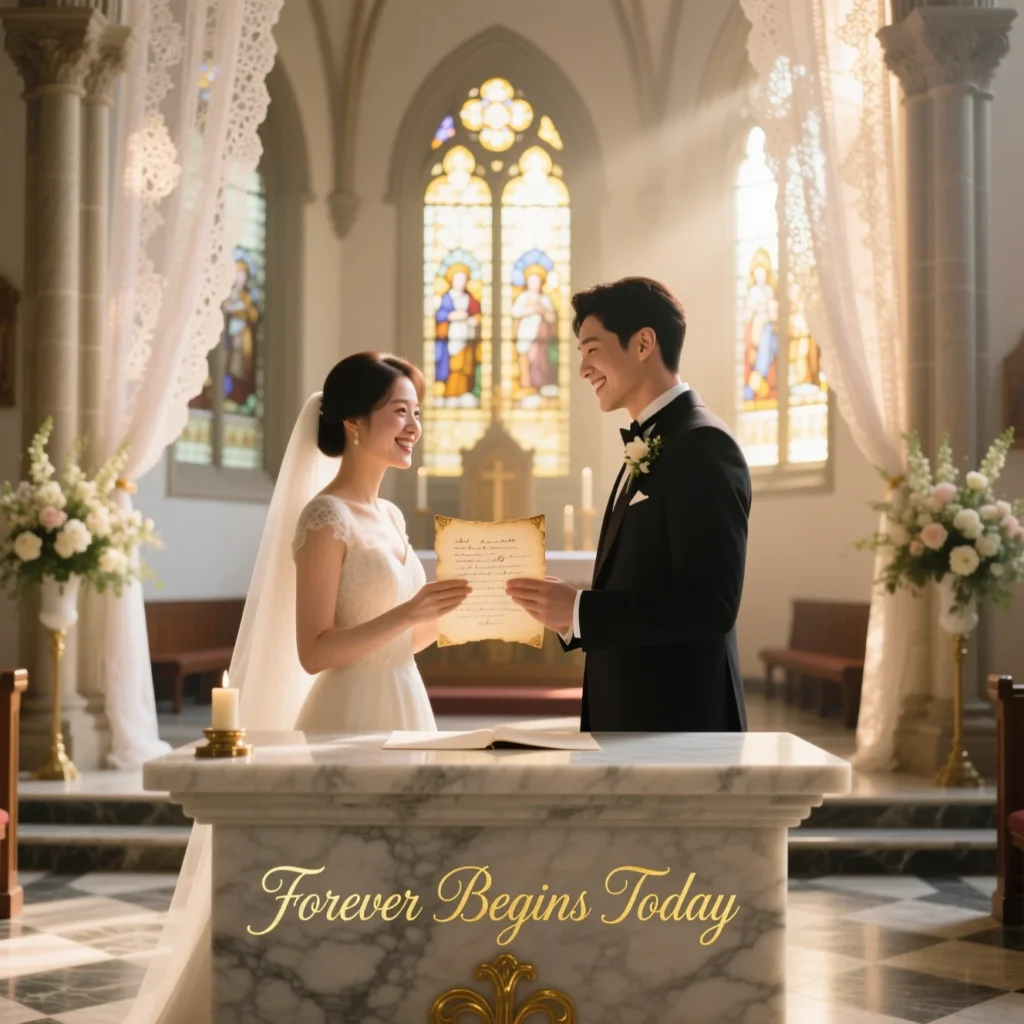
Wedding vows are promises exchanged between partners during a wedding ceremony. They can be:
- Traditional wedding vows: Follow cultural or religious customs.
- Modern wedding vows: Express personal feelings with a contemporary touch.
- Personalized wedding vows: Include inside jokes, shared memories, and unique commitments.
Purpose of Wedding Vows:
- Public declaration of commitment.
- Expression of love and personal values.
- Emotional keepsake for couples and guests.
Example:
“I promise to laugh with you, support you, and grow with you through all of life’s adventures.”
Why Wedding Vows Are Important
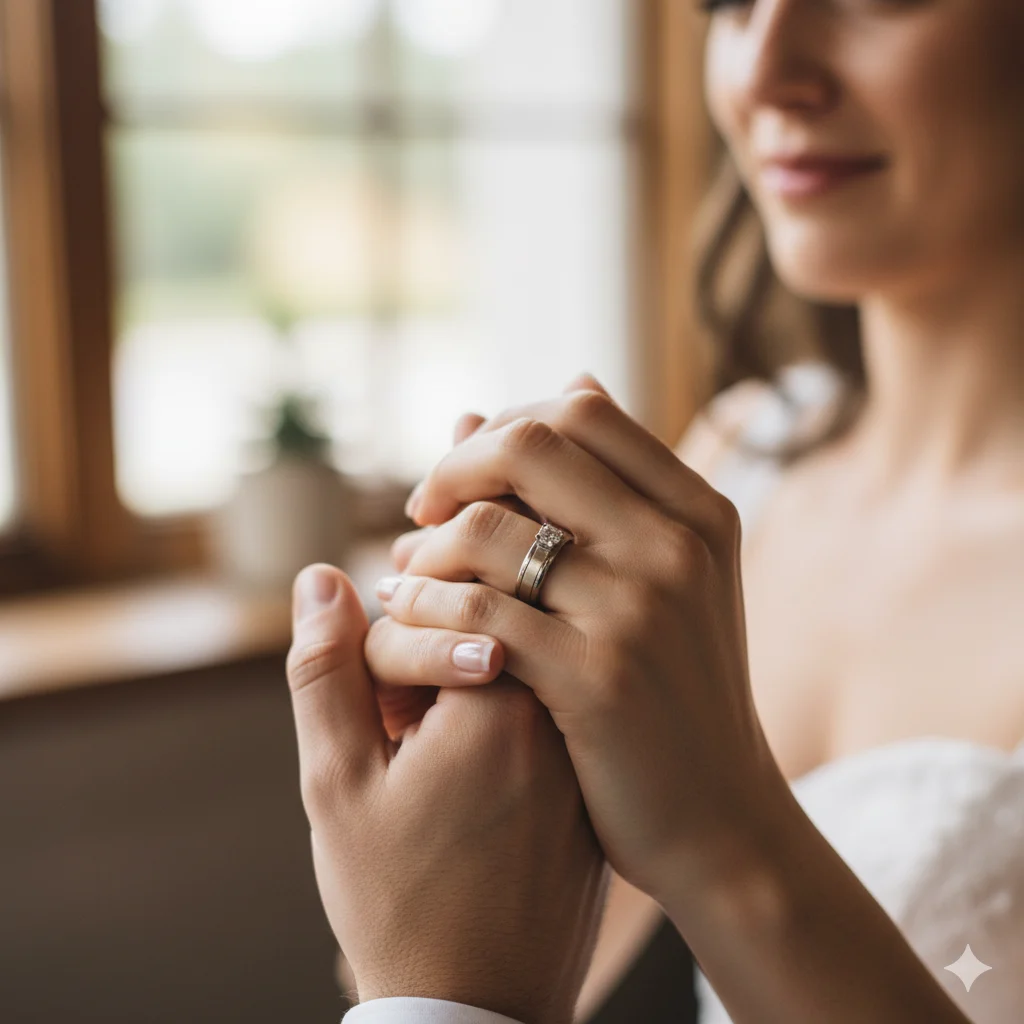
- Symbol of Commitment: Vows formalize promises before family and friends.
- Personal Expression: Share emotions in a unique way.
- Emotional Impact: Heartfelt vows often move guests and strengthen your bond.
- Memorable Keepsake: Couples often cherish their vows for life.
Types of Wedding Vows
1. Traditional Wedding Vows
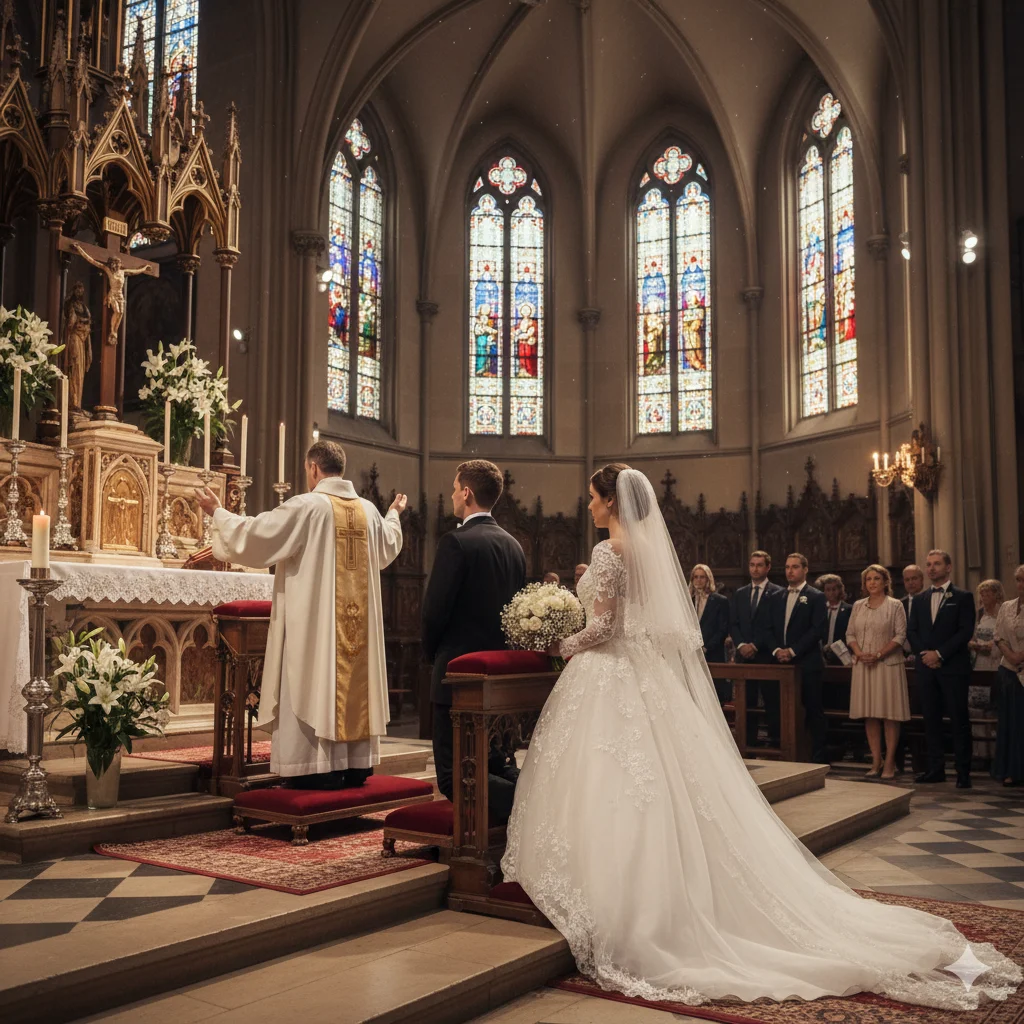
- Often religious or cultural in origin.
- Includes phrases like:
- “To love and to cherish, from this day forward.”
- “In sickness and in health, for richer or poorer.”
2. Modern Wedding Vows
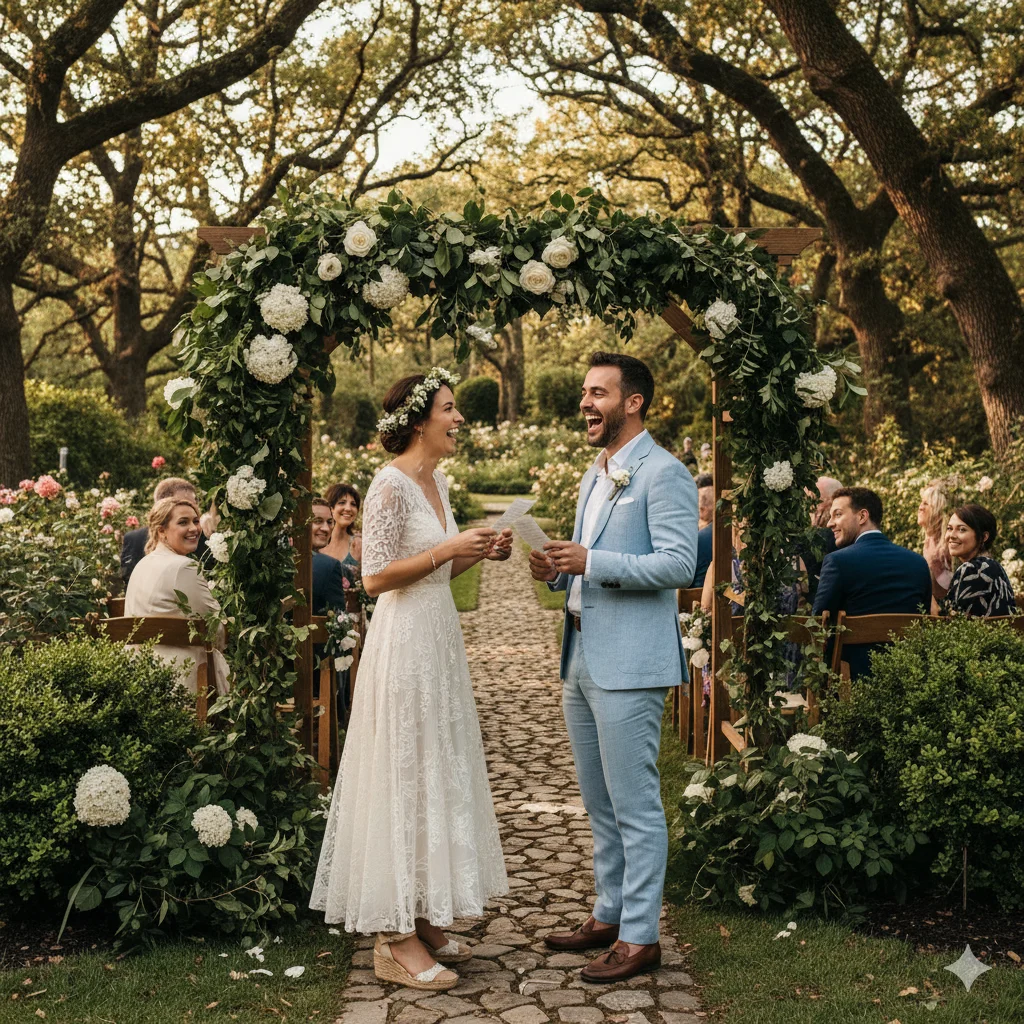
- Focus on personal emotions rather than formal phrases.
- Can include humor, storytelling, and contemporary expressions.
- Example: “I promise to support your dreams and always be your biggest cheerleader.”
3. Personalized Wedding Vows
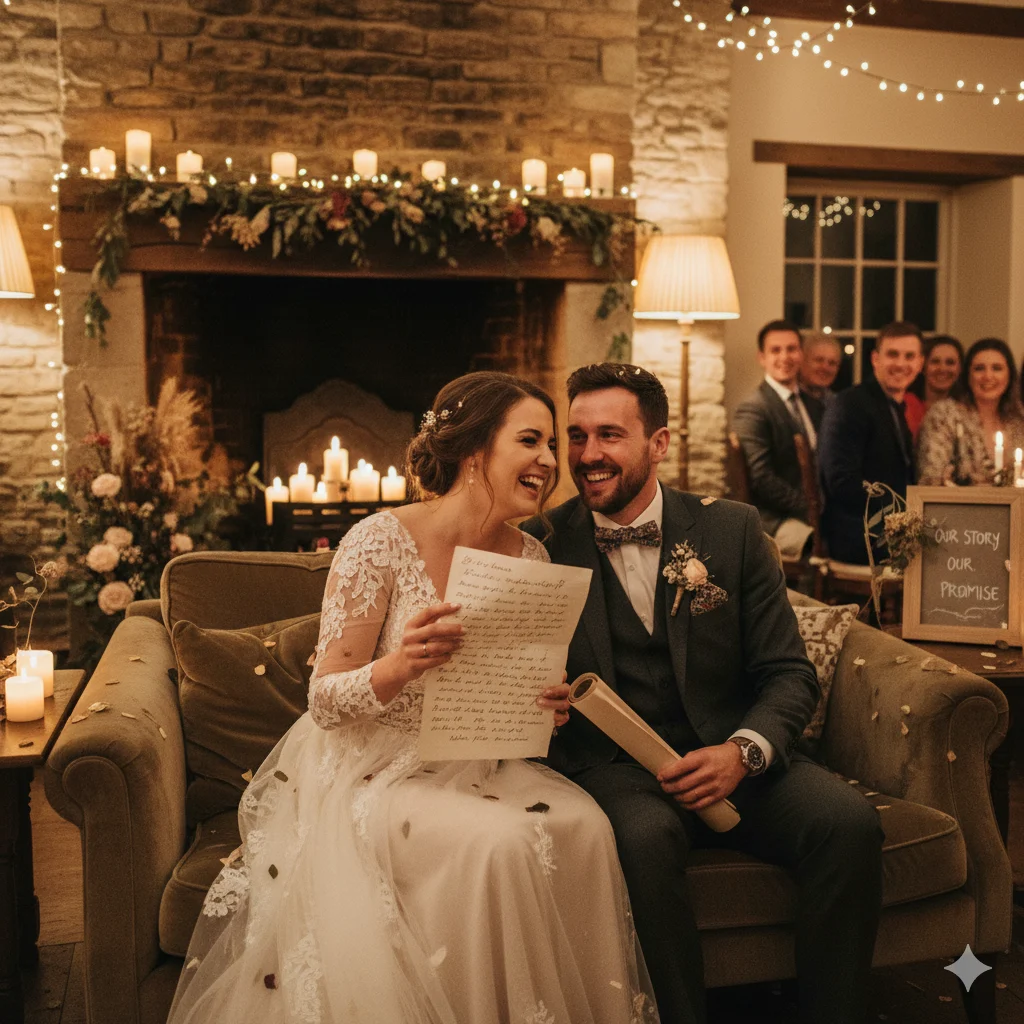
- Incorporate inside jokes, memories, or shared experiences.
- Reflect the couple’s unique bond.
- Example: “I vow to always make popcorn for movie nights, even if we disagree on the movie.”
4. Religious Wedding Vows
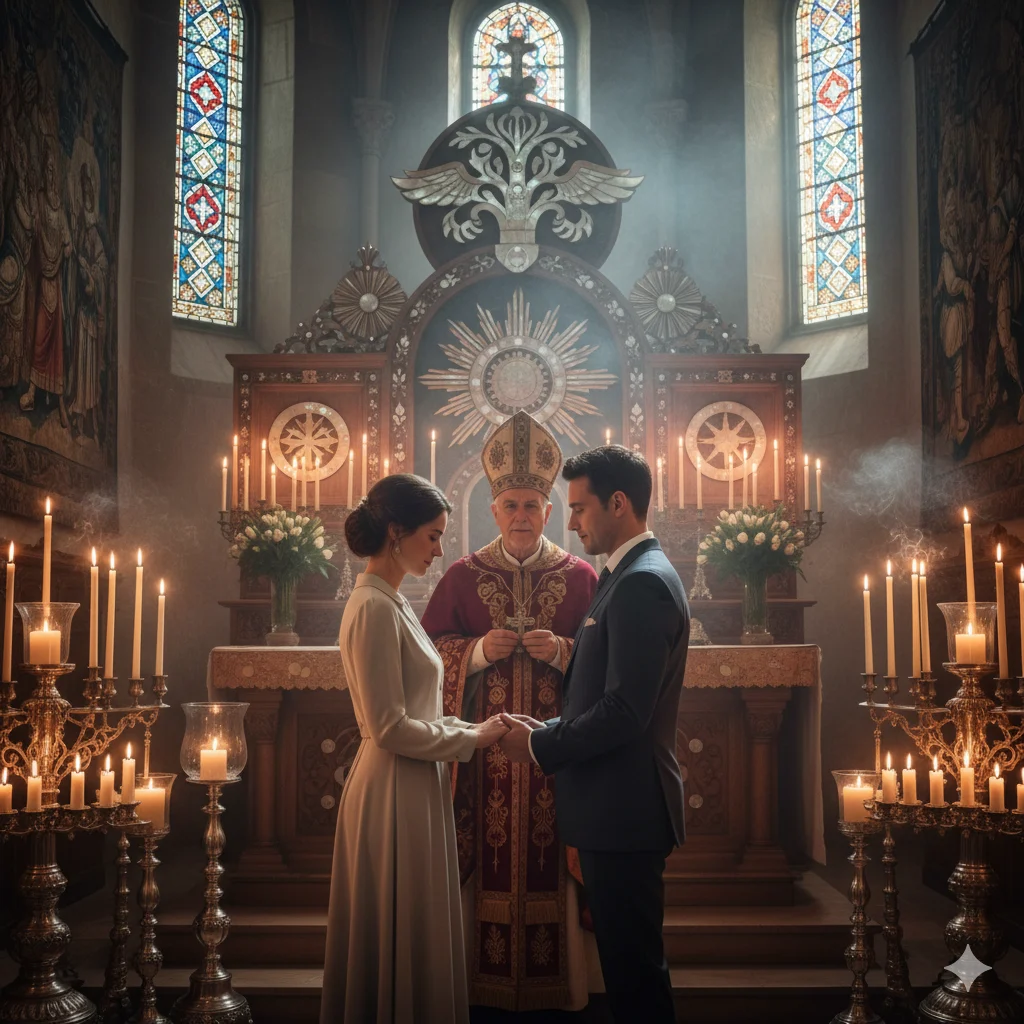
- Follow faith-based traditions with blessings or prayers.
- Example: “Before God and our families, I pledge to honor and cherish you all the days of my life.”
How to Write Your Wedding Vows ✍️
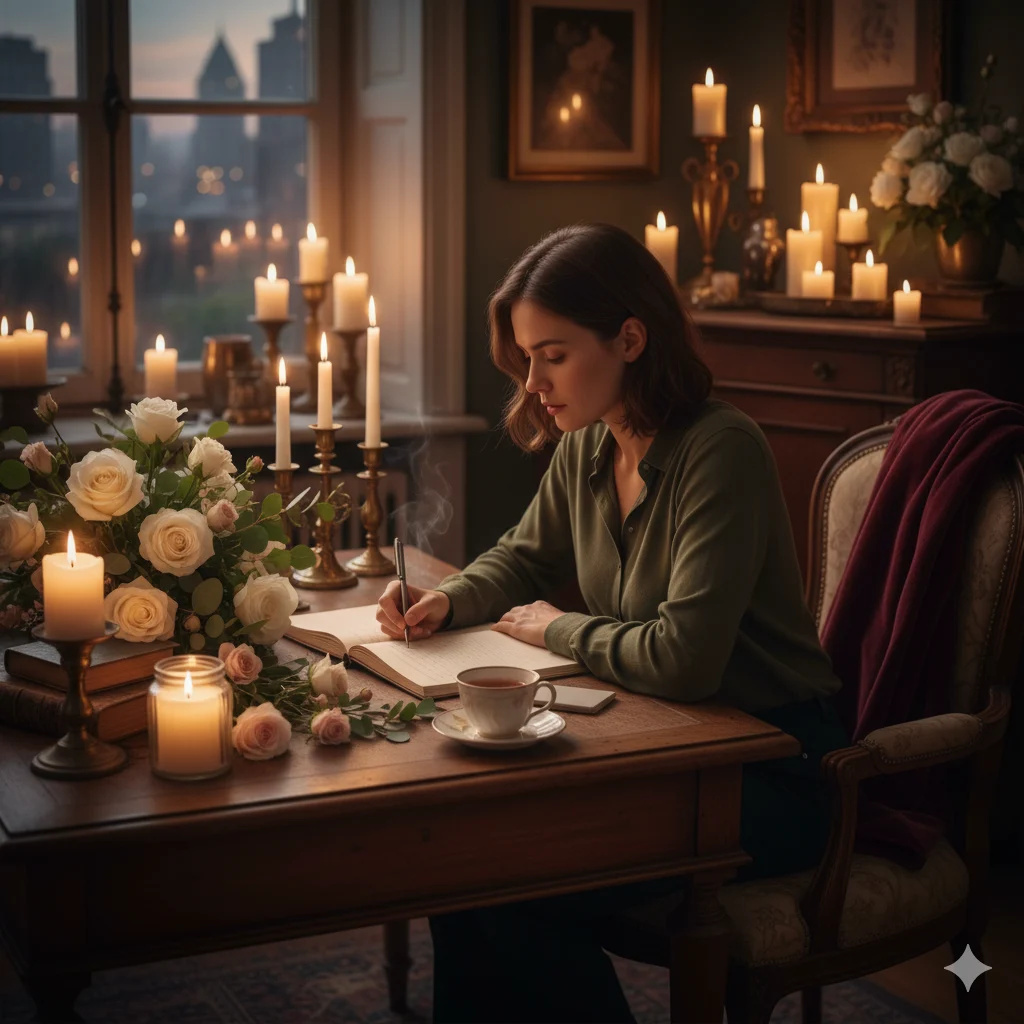
Writing personalized wedding vows can be broken into simple steps:
- Reflect on Your Relationship: Recall key moments, challenges, and milestones.
- Define Your Promises: Identify what commitments matter most.
- Be Authentic: Avoid clichés—write what you truly feel.
- Consider Length: 1–2 minutes spoken (~100–200 words).
- Practice Reading Aloud: Helps with pacing and emotional delivery.
- Add Personal Touches: Humor, inside jokes, or meaningful quotes.
Tips for Heartfelt Wedding Vows 💖
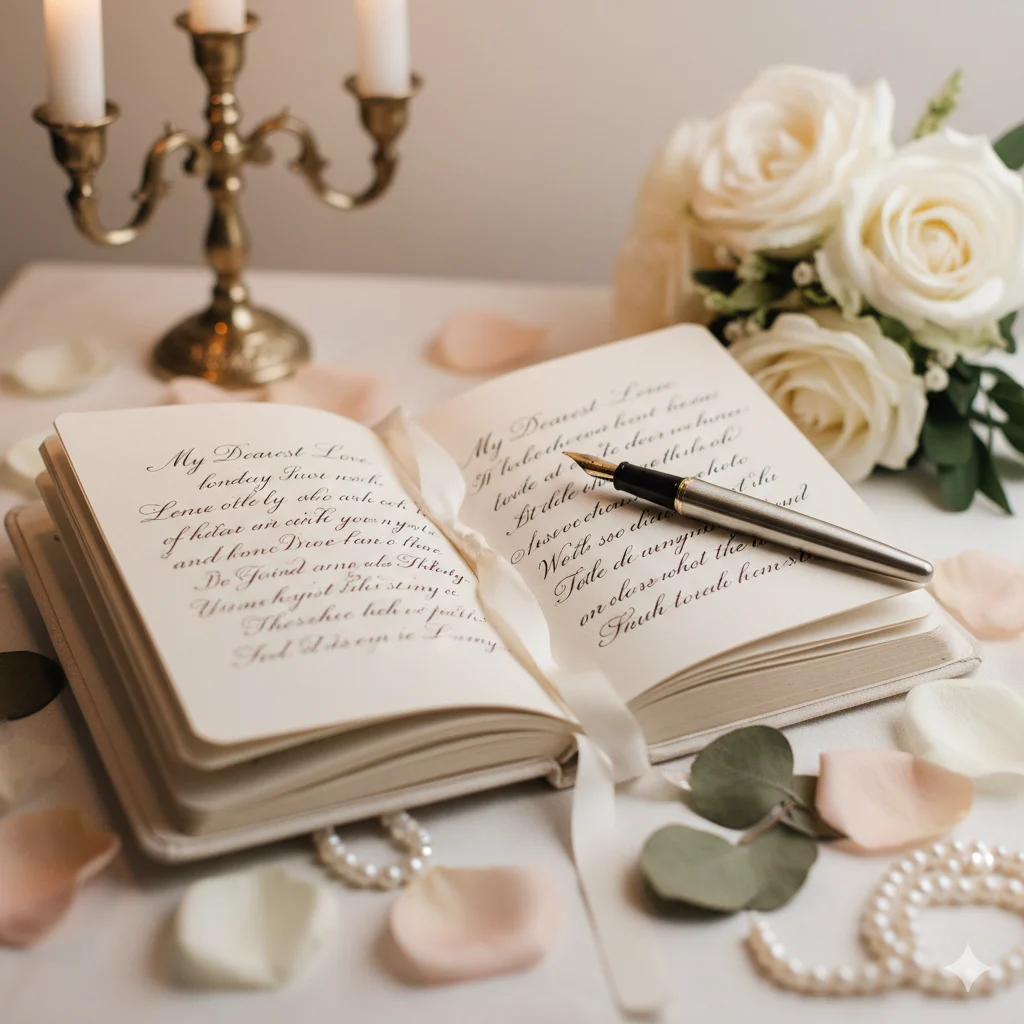
- Be Honest: Speak from the heart.
- Balance Humor and Emotion: A touch of lightheartedness keeps vows relatable.
- Use “I” Statements: Focus on personal commitment.
- Write Ahead of Time: Avoid last-minute stress.
- Edit Carefully: Keep it concise but meaningful.
Examples of Wedding Vows
Short and Sweet
“I promise to stand by you, love you endlessly, and share life’s joys and challenges with you.”
Romantic and Poetic
“I vow to hold your hand through every storm, to celebrate every triumph, and to love you more each day.”
Funny and Lighthearted
“I promise to never steal the covers, always share the remote, and love you even when you hog the fries.”
Religious
“Before God and our families, I pledge to honor and cherish you all the days of my life.”
Common Mistakes to Avoid
- Overcomplicating Language: Keep it simple.
- Excessive Length: Long vows can lose emotional impact.
- Ignoring Partner’s Style: Match tone with your partner.
- Being Generic: Avoid clichés that lack meaning.
Wedding Vow Templates (Downloadable)
- Template 1 – Short Romantic Vow:
“I promise to [personal promise] and to [shared memory or goal] with you forever.” - Template 2 – Funny Vow:
“I vow to [funny promise], [inside joke], and always [playful commitment].” - Template 3 – Religious Vow:
“Before God and our families, I promise to [faith-based commitment] and honor you always.”
FAQs About Wedding Vows
Q1: How long should wedding vows be?
A: Usually 1–2 minutes or 100–200 words.
Q2: Can we write our own vows?
A: Yes, personalized vows are very popular.
Q3: Should vows rhyme or be poetic?
A: Only if it feels natural—authenticity matters more.
Q4: Can we include humor in vows?
A: Yes, as long as it’s heartfelt.
Q5: When should we write our vows?
A: 1–2 months before the wedding is ideal.
Q6: Can religious and modern vows be combined?
A: Yes, hybrid vows are common for diverse beliefs.
Q7: Should we memorize our vows?
A: Memorization helps, but reading is acceptable.
Q8: Can vows be changed after writing?
A: Yes, editing ensures they capture your feelings.
Q9: Is it okay to cry during vows?
A: Absolutely—emotional sincerity is moving.
Q10: How do we keep vows private before the ceremony?
A: Share only with the officiant or a trusted friend until the wedding.
Conclusion
Wedding vows are the soul of any marriage ceremony. Whether you write traditional wedding vows, modern wedding vows, or personalized wedding vows, sincerity is key. Your vows are an opportunity to express love, gratitude, and commitment in a way your partner—and your guests—will never forget. 💕
Remember: writing meaningful vows takes time, reflection, and heart. Use templates, examples, and personal stories to create a ceremony that truly reflects your love story.

